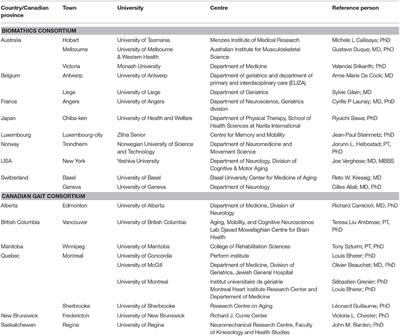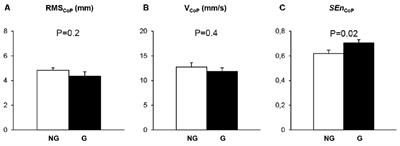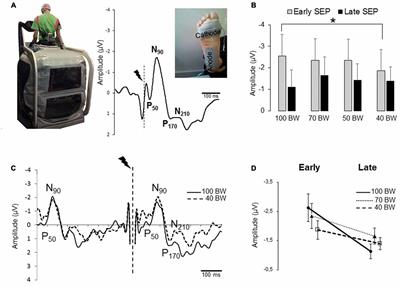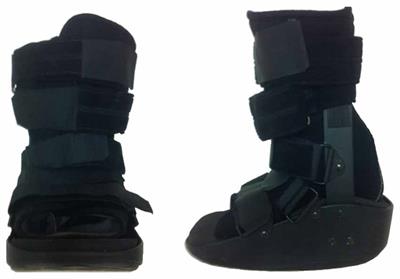EDITORIAL
Published on 05 Dec 2018
Editorial: The Contribution of Postural Adjustments to Body Balance and Motor Performance
doi 10.3389/fnhum.2018.00487
- 4,448 views
- 12 citations
43k
Total downloads
209k
Total views and downloads
EDITORIAL
Published on 05 Dec 2018
METHODS
Published on 03 Aug 2017

ORIGINAL RESEARCH
Published on 30 Jun 2017

ORIGINAL RESEARCH
Published on 20 Jun 2017

ORIGINAL RESEARCH
Published on 20 Jun 2017

ORIGINAL RESEARCH
Published on 14 Jun 2017

ORIGINAL RESEARCH
Published on 08 Jun 2017

ORIGINAL RESEARCH
Published on 10 May 2017

ORIGINAL RESEARCH
Published on 28 Apr 2017

METHODS
Published on 26 Apr 2017

ORIGINAL RESEARCH
Published on 19 Apr 2017

REVIEW
Published on 31 Mar 2017
